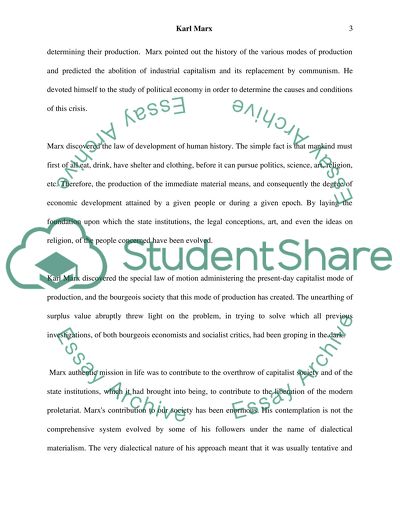Cite this document
(“Karl Marx and his Philosophy Coursework Example | Topics and Well Written Essays - 2500 words”, n.d.)
Karl Marx and his Philosophy Coursework Example | Topics and Well Written Essays - 2500 words. Retrieved from https://studentshare.org/philosophy/1500078-karl-marx-essay
Karl Marx and his Philosophy Coursework Example | Topics and Well Written Essays - 2500 words. Retrieved from https://studentshare.org/philosophy/1500078-karl-marx-essay
(Karl Marx and His Philosophy Coursework Example | Topics and Well Written Essays - 2500 Words)
Karl Marx and His Philosophy Coursework Example | Topics and Well Written Essays - 2500 Words. https://studentshare.org/philosophy/1500078-karl-marx-essay.
Karl Marx and His Philosophy Coursework Example | Topics and Well Written Essays - 2500 Words. https://studentshare.org/philosophy/1500078-karl-marx-essay.
“Karl Marx and His Philosophy Coursework Example | Topics and Well Written Essays - 2500 Words”, n.d. https://studentshare.org/philosophy/1500078-karl-marx-essay.


